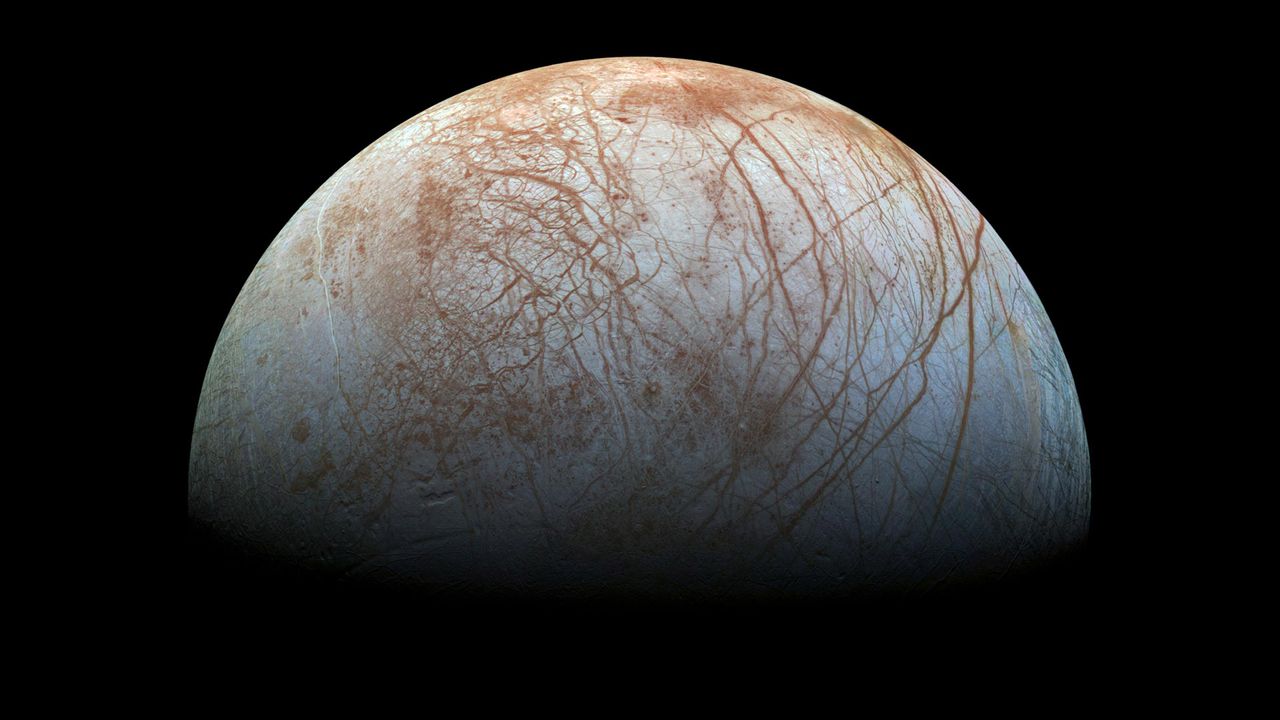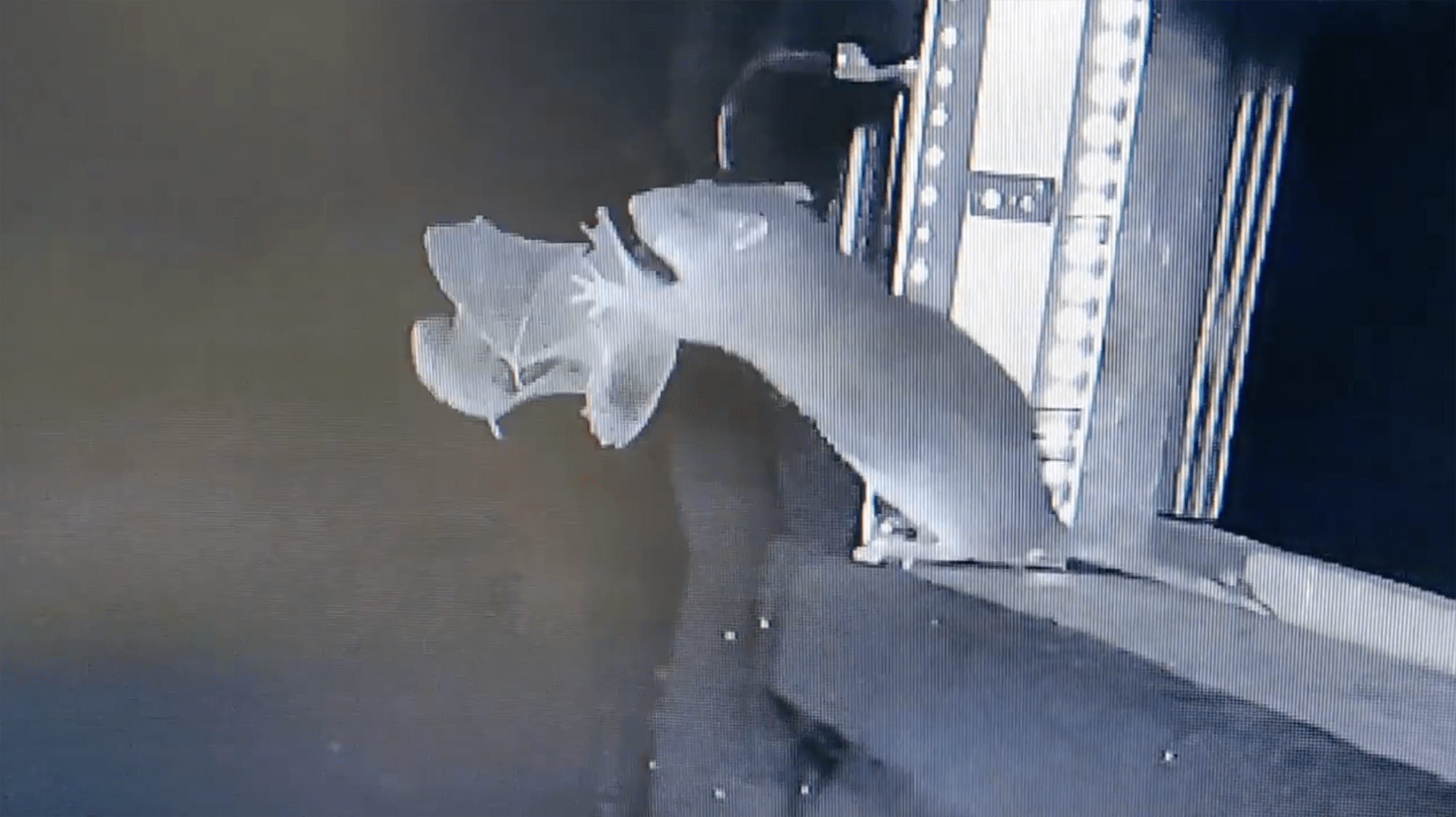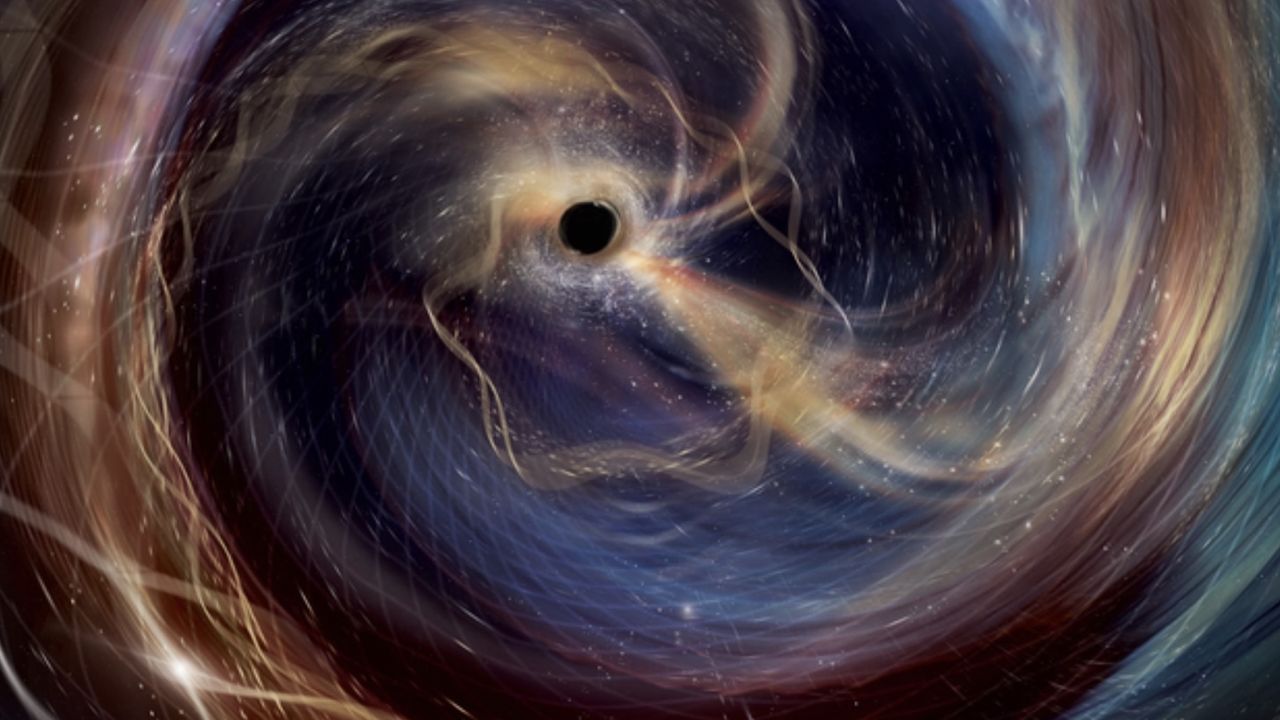Life Lessons from (Very Old) Bowhead Whales
PositiveScience

Recent research on bowhead whales reveals fascinating insights into their remarkable longevity, with some living up to 268 years. Scientists have discovered a gene that not only helps these whales thrive in frigid Arctic waters but may also hold clues for enhancing resilience in aging humans. This study is significant as it could pave the way for breakthroughs in understanding human aging and improving healthspan, making it a topic of great interest for both the scientific community and the general public.
— Curated by the World Pulse Now AI Editorial System






/https://tf-cmsv2-smithsonianmag-media.s3.amazonaws.com/filer_public/d1/40/d1403318-1e74-47d7-b2a6-4d4966a32ad9/frogresized.jpg)




